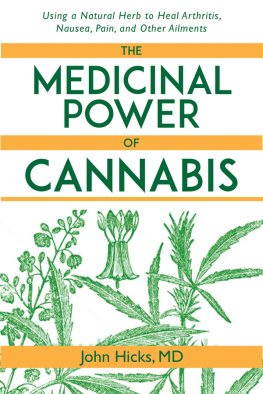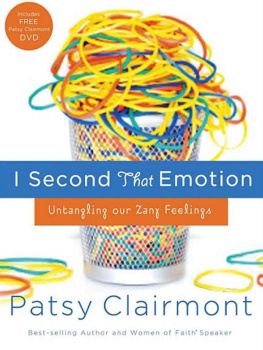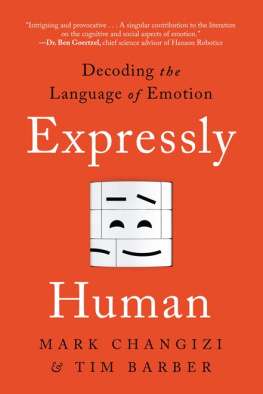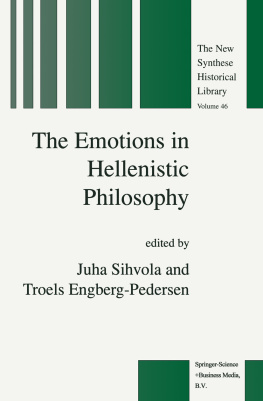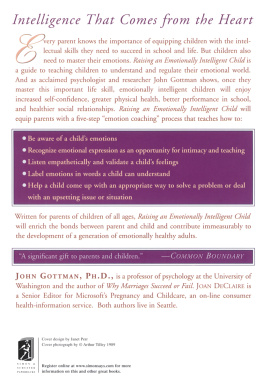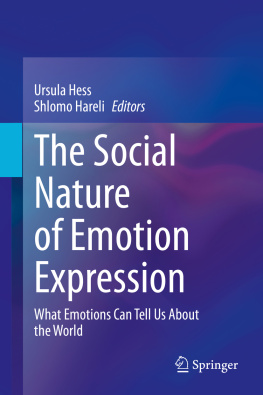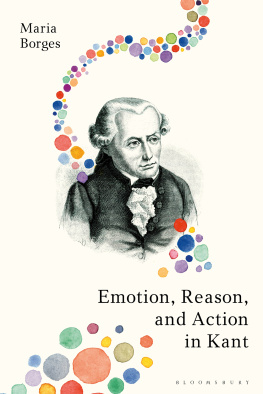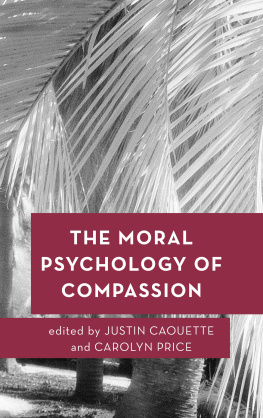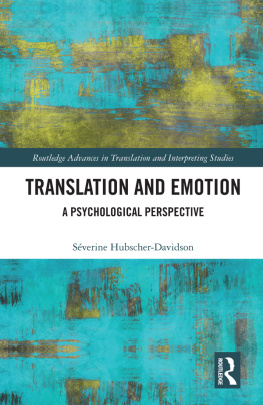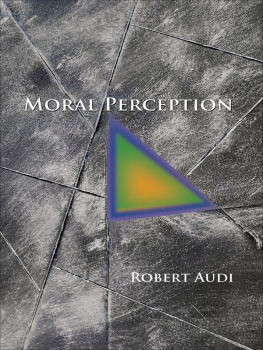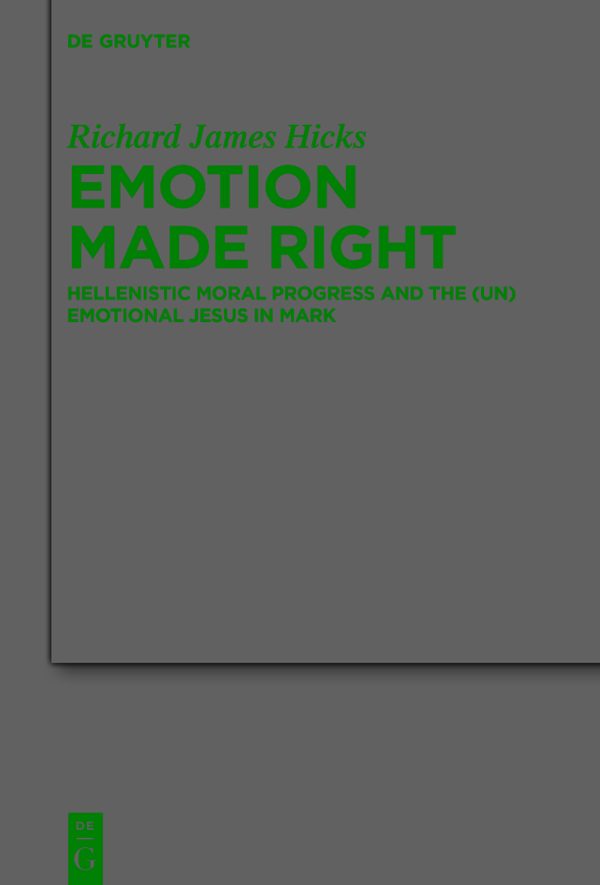Beihefte zur Zeitschrift fr die neutestamentliche Wissenschaft
Edited by
Matthias Konradt
Judith Lieu
Laura Nasrallah
Jens Schrter
Gregory Sterling
Volume
ISBN 9783110723045
e-ISBN (PDF) 9783110723076
e-ISBN (EPUB) 9783110723083
Bibliographic information published by the Deutsche Nationalbibliothek
The Deutsche Nationalbibliothek lists this publication in the Deutsche Nationalbibliografie; detailed bibliographic data are available on the Internet at http://dnb.dnb.de.
2021 Walter de Gruyter GmbH, Berlin/Boston
Abbreviations
Unless noted below, abbreviations follow The SBL Handbook of Style for Biblical Studies and Related Disciplines, 2nd ed. (Atlanta: SBL Press, 2014).
AC
LAntiquit Classique
Ap
Apeiron
Bib. hist.
Diodorus Siculus, Bibliotheca Historica
BJHP
British Journal for the History of Philosophy
CSCD
Cambridge Studies in Christian Doctrine
ClW
Classical Weekly
ESEC
Emory Studies in Early Christianity
JBPR
Journal of Biblical and Pneumatological Research
JPT
Journal of Pentecostal Theology
JPTSup
Journal of Pentecostal Theology Supplement Series
JSFSC
Journal of Spiritual Formation and Soul Care
JSJSup
Supplements to the Journal for the Study of Judaism
Med.
Marcus Aurelius, Meditations (or )
MCL
Martin Classical Lectures
NHMS
Nag Hammadi and Manichaean Studies
OCD
Oxford Classical Dictionary, 3rd ed.
Prog.
Progymnasmata
Rhet
Rhetorica
SE
La Scuola di Epicuro
SCJ
Stone-Campbell Journal
Tris.
Ovid, Tristia
VEccl
Verbum et Ecclesia
Vit. phil.
Diogenes Laertius, Vitae Philosophorum
Chapter 1: Introduction
Jesuss relatively long approach to Jerusalem marks a turning point in the Gospel of Mark, as it allows time along the way ( ) to clarify the cost of discipleship. This narrative motif, the emulation of Jesuss soul-saving spirituality, must further account for a fundamental impediment for disciples, namely, the challenge posed to them by emotions or, as morally minded Hellenists would say, latent/lurking/provoking emotions or emotions of the soul ( ).
Such emotions follow a fairly consistent pattern of destructive potential in Hellenistic thought and hold implications for moral and physical characterization, as the prolific moralist and biographer Plutarch attests (first century CE ): [Peoples] misfortunes are not entirely the work of ill fortune/evil genius/a demon [], but rather the different morals and emotional influences found in them [ ] (Comp. Thes. Rom. 3.1). The ancients conceive of emotion as a force that besets a person and attempts to provoke irrational decisions and behavior. Its movement must be overcome by godly reasoning, such that people can ultimately decide to do what is right rather than only what feels right.
The Gospel of Mark shows concern for both physical and metaphysical or moral/spiritual health vis--vis emotion. Like near contemporary Hellenistic and Hellenistic-Jewish moralists (e.g., Plutarch, Seneca, Epictetus, author of 4 Maccabees, Philo), and like some of Marks earliest moral-minded readers (e.g., Clement and Origen of Alexandria and their pupils [ca. 200 and 220 CE, respectively]), the Gospel recognizes a degree of impassibility as a hallmark of a healthy soul or life/lifestyle ().
After the fashion of moralists, some popular Hellenistic writers (e.g., Apuleius and Chariton) recognize the vital ethical implications of emotion for character assessment. By way of narrative asides and foil characters, they establish the (anti-emotional) virtue or moral progress of their narrative heroes. The Gospel of Mark follows similar conventions when, for example, Jesus is on trial before a high-ranking Roman official, Pontius Pilate, yet Jesuss composure under scrutiny evokes Pilates awe ( [15:5]). Marks description seems to imply a degree of admiration in Pilates awe, which would be consistent with accounts of contemporary martyrs who eschew emotions like fear. This may also signal emotional motivations on the part of other religious leaders earlier in the narrative, for example, at the end of the first-controversy cycle (2:13:6) when they plot to destroy Jesus (3:6).
Emotive language peppers the Gospel of Mark, inviting moral assessments. Mark offers ample criteria to determine whether the decisive actions of his characters better reflect God-focused, reasoned behavior, i.e., action that promotes the gospel of the kingdom of God (1:1415), or the immoral opposite: an irrational emotional agenda that promotes self-service. In this way, Mark shares the company of a host of morally minded authors from ca. the first century CE who warn against the sin of an emotional lifestyle/soul that fails to remember godly reasoning. In what follows, as a foundation for a working definition suitable for a NT hermeneutic, I will discuss the necessity, first, of a moral-philosophical framework and, second, a type of intrapersonal narrative context of emotion.
1.1 Soundings in a Working Definition of Emotion for a New Testament Hermeneutic
In commending Jesus as a moral model, the Gospel of Mark often juxtaposes him against emotional foils, but Markan scholarship has seldom delved into historical-literary analysis of this characterization. In an article entitled How the Gospel of Mark Builds Character, for example, Mary Ann Tolbert is right to recognize a major moral problem in that so few people follow Jesus. Still, emotion goes unmentioned save for one reference to Jesuss love ( [10:21]), even if most morally minded Hellenists would reject such love as emotional.
Contra the traditional tendency in NT scholarship to minimize the significance of introspection for historical-critical exegesis, there is much in Hellenistic literature to suggest that interest in the internal dynamics of emotion (which lead to external behaviors) was commonplace by the first century CE. Since morally minded Hellenists considered it taboo to reveal emotions publicly, they were eager to study ways to keep emotional experiences in check. This entailed a desire to discern emotion-driven motives behind outward actions. Not only did prominent Hellenistic moralists encourage such introspection, they also offered practical suggestions to facilitate it. Collectively, they suggest that it is impossible to make progress in virtue without learning to consistently recognize and counteract nascent emotion. There appears well established by the Hellenistic period, as William Harris implies in his study of anger,
a greatly increased interest in inner experience and in the well being of the individuals soul. Introspection became more popular. This new preoccupation with what Plato called the city within led many to see anger, among other ills, as a failing of the individual as much as, or more than, a menace to society or to other people. We may be little inclined to think that the ancients practiced psychotherapy, but that may be because the lay public still has a Freudian or neo-Freudian image of what psychotherapy consists of.
When discussing emotion in the NT, the principal difficulty lies with defining the term in a way that befits a first century CE milieu. Scholars are rightly cautious about attempting either to label a characterization as emotional, or to give unqualified examples of emotion. In fact, there is little consensus as whether to render as emotion (rather than, e.g., passion or affection).
1.1.1 Positive Emotions and other Morally Questionable Categories


